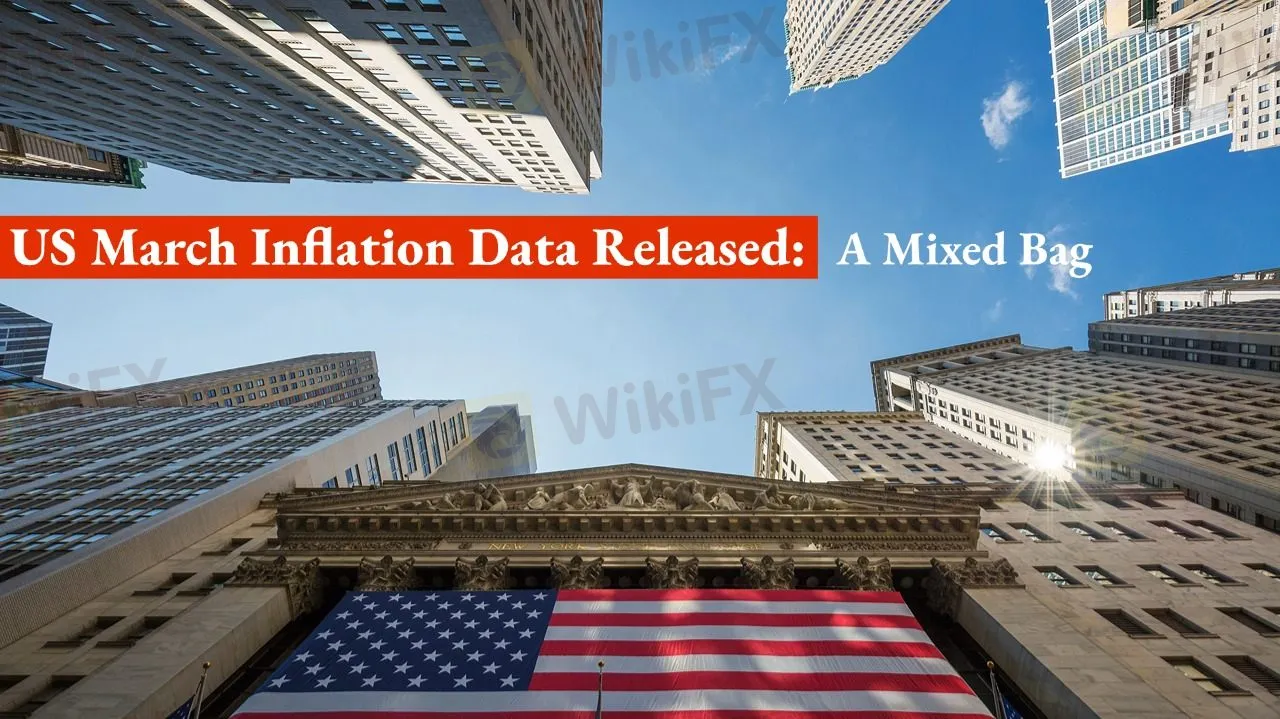Abstract:Short-term inflation climbs, job market anxiety rises, and the outlook remains divided.

According to the New York Feds March consumer expectations survey, one-year inflation expectations rose to 3.58%, the highest level in 18 months.
In contrast, three- and five-year inflation expectations remained stable or edged down, suggesting that the public maintains some confidence in the long-term inflation outlook. While the data temporarily eased market concerns about persistent inflation, it also underscored the fragility of the economic recovery. Notably, inflation expectations differ across surveys, highlighting a lack of consensus about future inflation risks.
Mounting Pressure on Labor Confidence
Beyond inflation, the Feds data revealed concerns about jobs and household finances. The perceived probability of a higher unemployment rate over the next year rose to 44%, the highest since the peak of the pandemic.
Median expected income growth also declined to 2.8%—the lowest level in nearly three years. Low-income households and those with lower education levels reported the most pessimism, indicating uneven financial stress across demographics.
Confidence in future household spending, financial health, and credit access also weakened, suggesting consumer demand may face further headwinds.
With inflation and employment data sending mixed signals, investors are navigating a period of recalibration. While inflation pressures may be stabilizing, household uncertainty could dampen economic momentum.
Survey results showed expectations for U.S. stock price growth fell to 33.8%, the lowest since mid-2022—signaling a shift toward risk aversion.
U.S. Treasury yields fell sharply after the data release, reflecting growing caution over future growth. Against this backdrop, investors must remain vigilant, reassess risk strategies, and adjust portfolios accordingly.










